This $10 football is our most prized possession with our dementia journey.
The footy has been with us every step of the way and has several extremely important roles.
1. Comfort – The ball is soft and furry so is a little bit like a teddy bear (a macho version). When Dad was outta control on the anti psychotic drugs it gave him something to hold. It came with us in the ambulances and gave us a lead-in as a talking point to distract him when required. eg “so who were the best/dirtiest, Port Adelaide players?”.
2. Exercise – We kick this ball thousands of times up and down the hallways of wherever Dad is at (hospital or nursing home). It keeps him active and is the only activity that really engages him. His speech is not good and he will not sit still with a single activity.
3. Mood Tester – When I throw or kick him the ball first thing in the morning it gives me an indication as to where his mood or agitation level is at. If he kicks it really hard at me or throws it at my head, I know I am in for a tough day. It is at this point where I determine whether extra medication is required or how much longer we wait for meds to take effect.
4. Social Tool – By having the ball we have a way of engaging other residents to play the game and interacting. I can have up to 5-6 residents throwing the ball at one time to each other and they love it. The residents always get a laugh when someone gets hit in the head when not ready (falcon!)
5. Stress Ball – I use it when I am thinking how to handle a situation or determining what to do next. I kick it around for hours which amuses me during the stressful lonely times on the ward.
*Every person with dementia should have a ‘comfort item’. This may be a favourite doll or teddy bear, a photo or some memorabilia. Carers should be aware of what this comfort item is so it can be engaged if required.









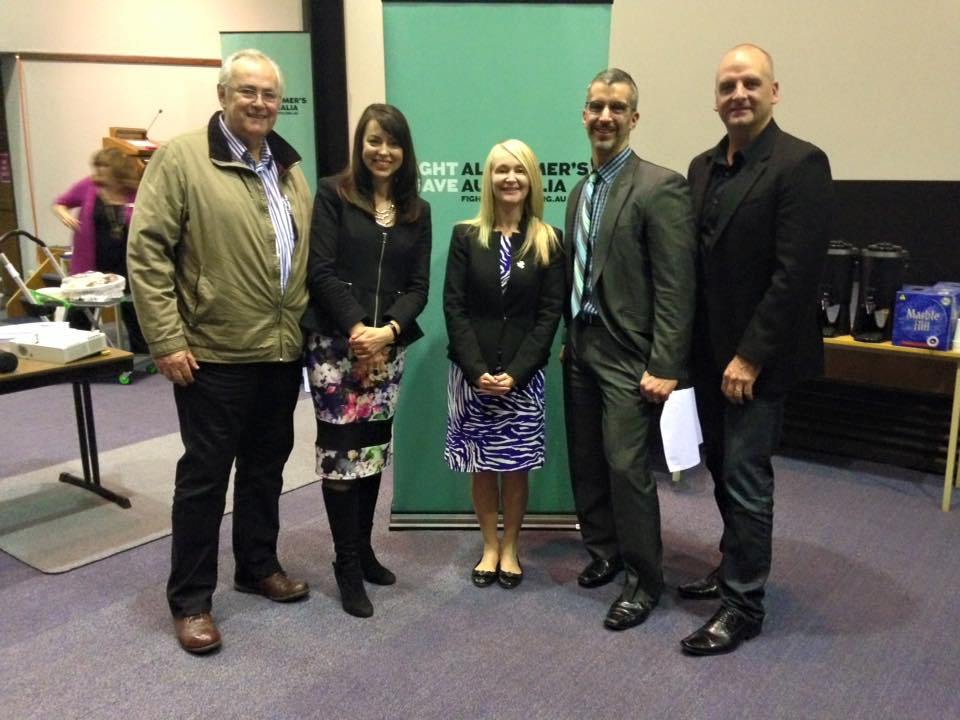
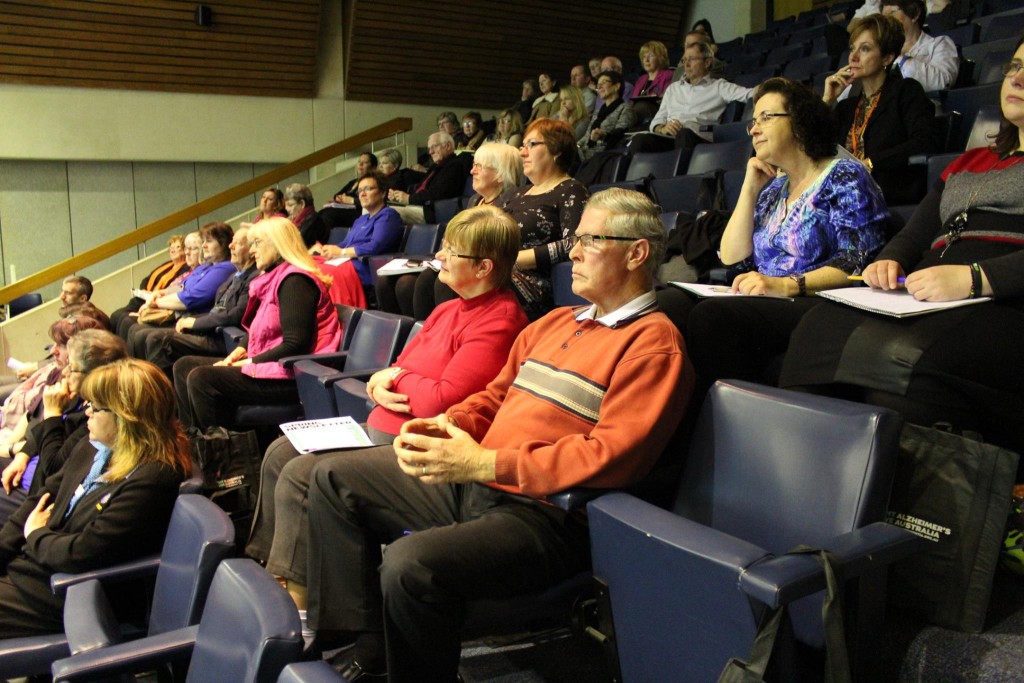
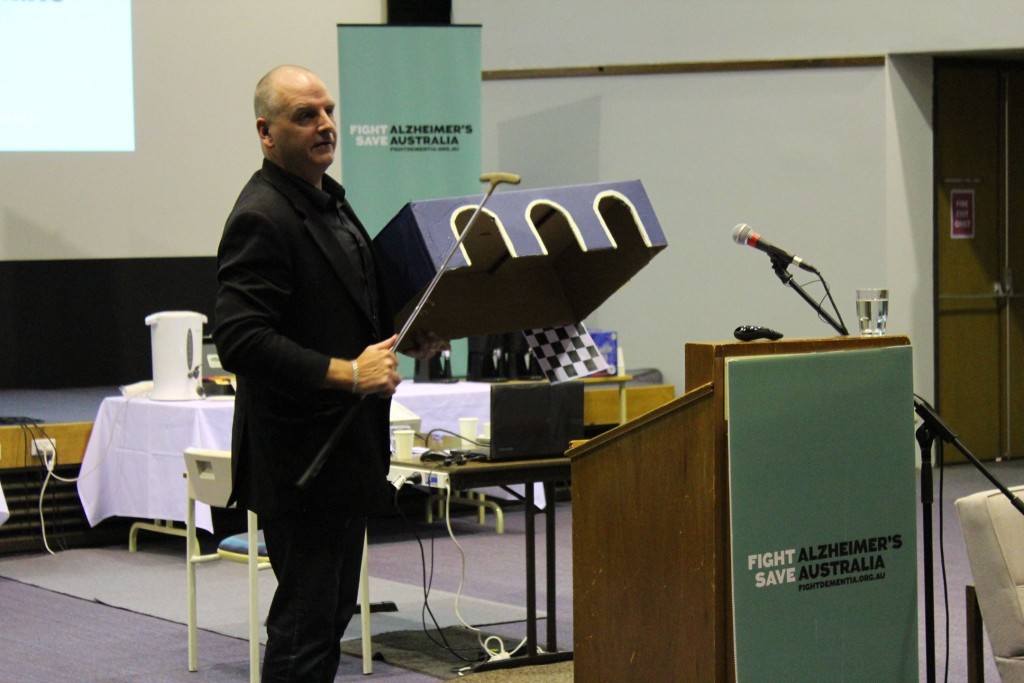
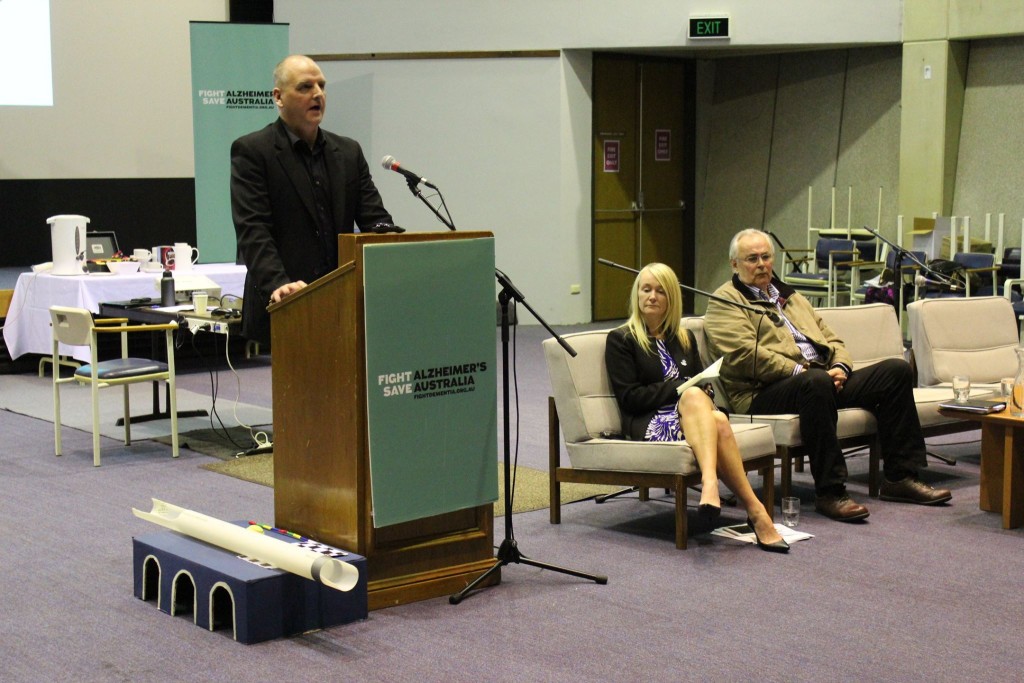
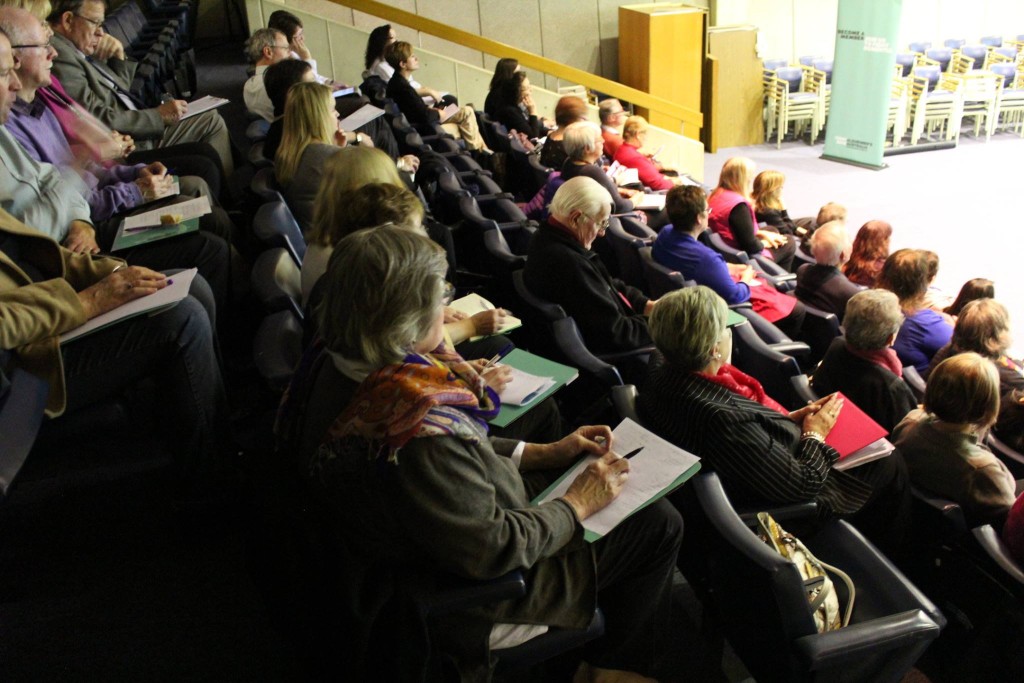




 Facebook
Facebook Twitter
Twitter LinkedIn
LinkedIn